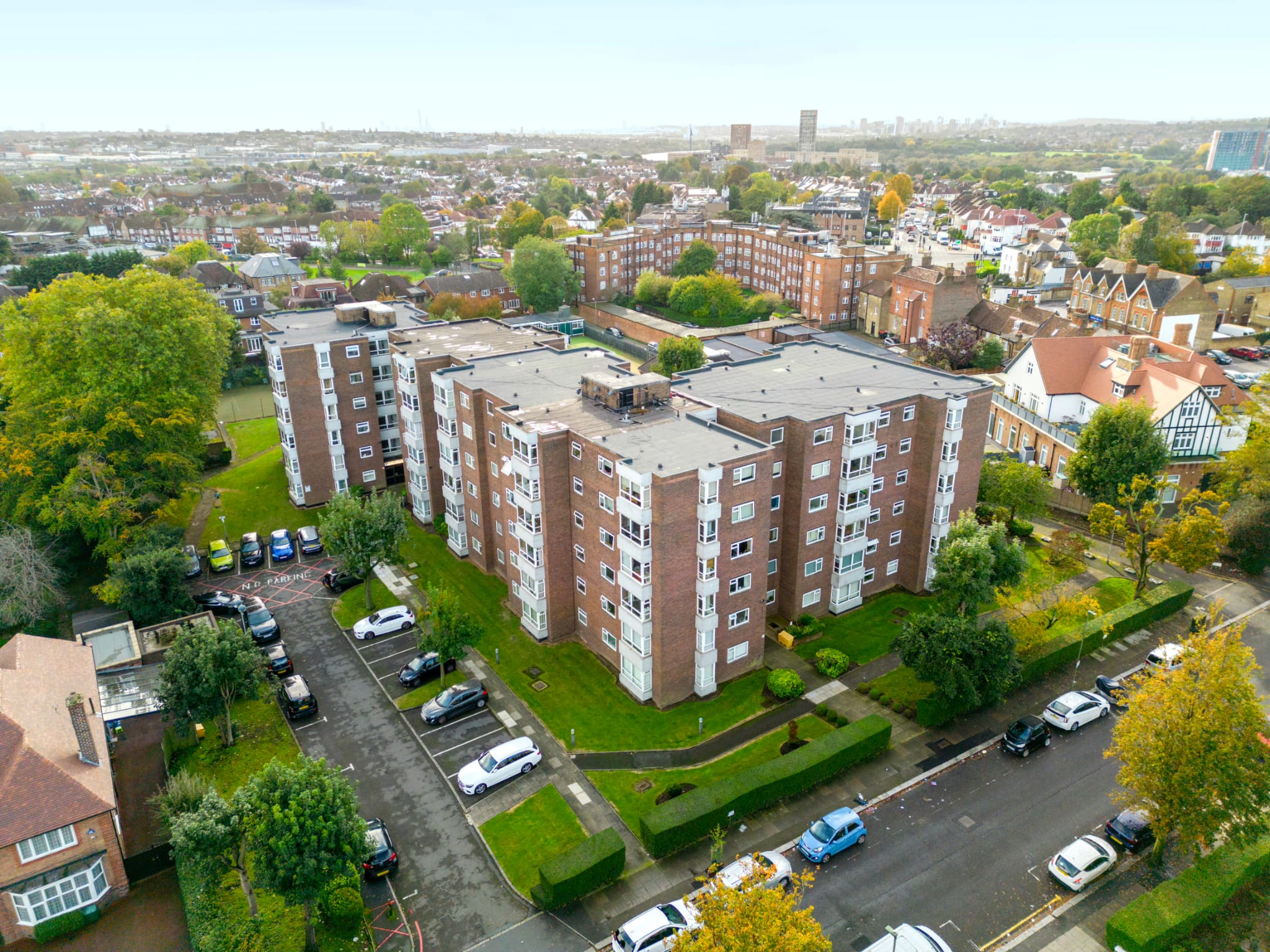Significant changes to biodiversity net gain (BNG) planning requirements
January 03, 2024

GLPG has reviewed the latest biodiversity net gain (BNG) requirements to understand how this will impact many of our clients.
We understand that starting this month (January 2024), new BNG requirements will make a 10% BNG a condition for planning permission with a plan for this being required before commencement of the development. This is outlined in the Environment Act 2021, with detailed guidance provided.
It is expected that achieving an on-site biodiversity net gain will be difficult on greenfield sites, especially where a high density of housing is proposed, compared to brownfield sites where achieving a BNG may be easier.
Developers must submit a biodiversity gain plan, adhering to a hierarchy that prioritises avoiding adverse effects, followed by mitigation, enhancement, creation, purchasing biodiversity credits and off-site gain.
The BNG metric, established by Defra, measures biodiversity site values, aiming for a higher score after development. BNG can be achieved on-site (enhancing existing habitats) or off-site (allocating BNG units from another site or purchasing statutory credits).
On-site BNG will be considered a lower risk, while off-site options could pose a higher risk due to the lack of security and reliance on third parties.
The BNG framework encourages the growth of land managers and habitat banks. Given that options for off-site BNG will be possible in instances where BNG cannot be provided on-site, these changes will create opportunities for landowners, if their land meets requirements, to sell or lease their land to developers for them to fulfil their BNG requirements off-site.
Complex agreements between the landowner and developer will be required including obligations for the landowner to maintain the habitats long term.
The new legislation includes anti-avoidance measures and applies BNG rules to various types of development, with exemptions for certain cases. The framework emphasises planning obligations, and developers will be required to meet legislative requirements to avoid unexpected enforcement actions.
The following UK Gov link shares further information: https://defralanduse.blog.gov.uk/2023/11/29/the-biodiversity-net-gain-statutory-instruments-explained/.
If you have any questions, please get in touch with a member of our team.
Register
Join our mailing list
Keep updated with our latest opportunities and company news


